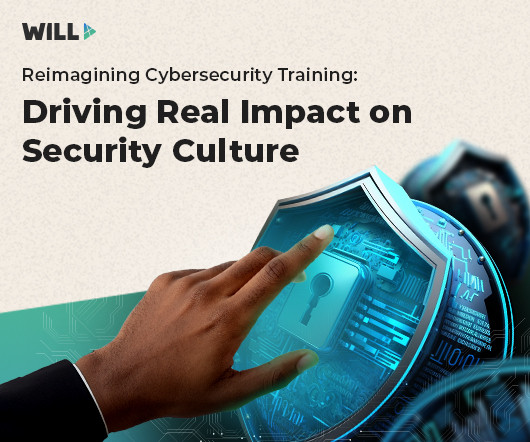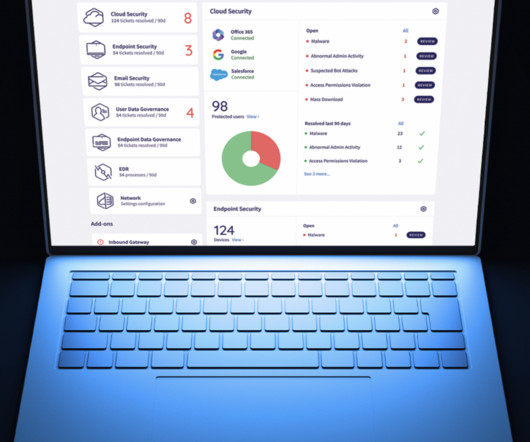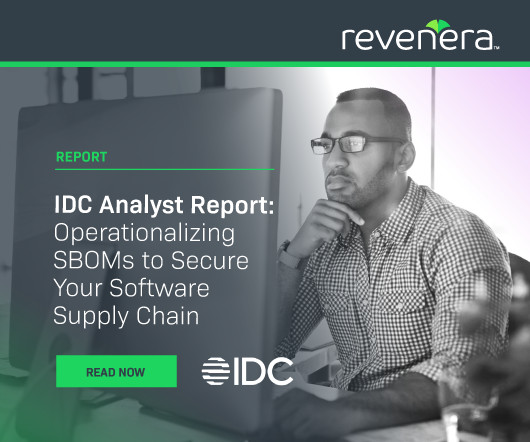E-Mail Leaves an Evidence Trail
Schneier on Security
FEBRUARY 26, 2018
If you're going to commit an illegal act, it's best not to discuss it in e-mail. It's also best to Google tech instructions rather than asking someone else to do it: One new detail from the indictment, however, points to just how unsophisticated Manafort seems to have been. Here's the relevant passage from the indictment. I've bolded the most important bits: Manafort and Gates made numerous false and fraudulent representations to secure the loans.


























Let's personalize your content